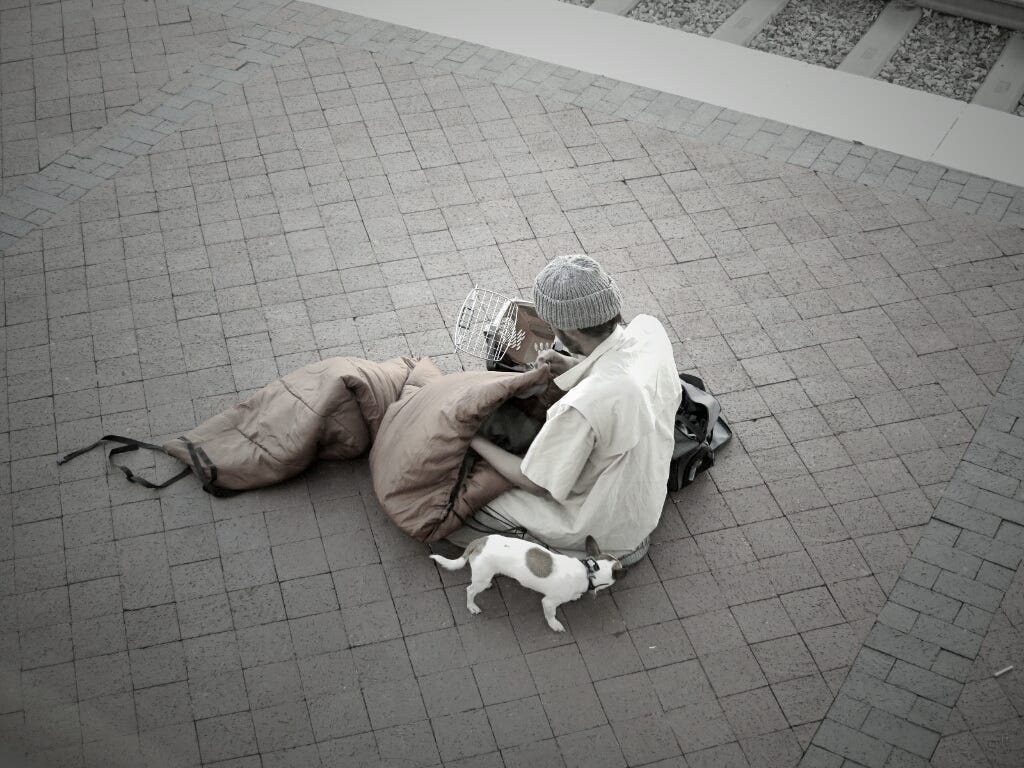Dallas County Commissioner Takes Hard Line on Budget
Andy Sommerman Vows to Block Tax Rate Budget After $6.5 Million for Housing Programs Vanishes from Proposal
Dallas County Commissioner Andy Sommerman announced on Thursday that he will vote against the county's proposed tax rate budget after millions of dollars earmarked for homelessness prevention were mysteriously omitted from the final proposal, creating a potential roadblock for a spending plan that serves nearly 3 million residents. The budget dispute centers on $6.5 million that Sommerman says was promised for homeless services but was later excluded from specific line-item allocations.
Speaking to KERA News, Sommerman drew a direct line between homelessness funding and the county's most pressing challenges, including jail overcrowding and hospital strain.
Missing Millions Spark Budget Showdown
The controversy erupted during this week's budget hearing when Sommerman discovered that funding he had specifically requested for two key organizations had been removed from the proposed voter approval tax rate budget. Housing Forward was slated to receive $5 million, while the Dallas Eviction Advocacy Center was promised $1.5 million, according to KERA News.
"If it's not in there, then at least one commissioner — this one — is going to say no to it," Sommerman told KERA News.
County budget officials attempted to explain the apparent discrepancy during the hearing, stating that while the money doesn't appear as a specific line item, it remains available for allocation in a separate funding pool. However, this explanation failed to satisfy Sommerman, who viewed the change as a breach of earlier commitments.
The missing allocations weren't limited to homelessness programs. Deflection centers, which process low-level criminal offenses more efficiently than traditional jail detention, and a merit-based employee evaluation system also failed to receive dedicated funding in the proposal.
The Human Cost Behind the Numbers
Sommerman's stand reflects deeper concerns about Dallas County's approach to addressing homelessness and its cascading effects on other county services. The commissioner pointed to stark statistics that underscore the interconnected nature of these challenges.
More than 5,500 people in the county jail self-identified as homeless last year, according to KERA News. This figure represents a substantial portion of the jail population and highlights how homelessness directly contributes to incarceration rates and associated costs.
"Homelessness is the fight for the jail and it is the fight for Parkland," Sommerman said, referencing Parkland Hospital, the county's public health system.
The commissioner emphasized that mental health issues and homelessness create a revolving door that contributes to both jail overcrowding and recidivism, making targeted interventions essential for breaking these cycles.
"Fire Line for Services"
Sommerman characterized Dallas County as the "fire line for services," positioning local government as the last resort for residents facing crises. His argument centers on the idea that addressing homelessness and mental health issues at the county level prevents more expensive interventions later.
"It is essential to everything that we do at the county. And we are the fire line for services. And most services begin and end at mental health. We decrease crime, we decrease health concerns, we decrease so much with the helping of people," he told KERA News.
This perspective reflects a broader philosophy about preventive spending versus reactive costs. By investing in homelessness prevention and mental health services upfront, Sommerman argues the county can reduce expenses related to emergency medical care, law enforcement, and incarceration.
Budget Process Under Scrutiny
The dispute highlights potential procedural issues within Dallas County's budget development process. While county officials maintain that funding remains available through alternative mechanisms, the lack of specific line-item allocations raises questions about transparency and accountability in government spending.
The controversy also underscores tensions between different priorities within county government. With limited resources and competing demands for services ranging from infrastructure to public safety, commissioners must balance immediate needs against long-term investments in social services.
Budget hearings often reveal these philosophical differences, but Sommerman's public threat to vote against the entire tax rate budget significantly elevates the stakes. Such opposition could force county leadership to either modify the proposal or risk delays in budget approval, which could impact county operations.
Critical Vote Looms
The voter approval property tax rate and budget hearing will continue at 10 a.m. on September 9 at 500 Elm Street in Dallas, according to KERA News. This meeting could determine whether Sommerman's concerns prompt changes to the budget or whether county leadership attempts to move forward despite his objections.
The outcome has implications that extend beyond Dallas County's borders. As cities and counties across Texas grapple with rising homelessness and related social challenges, the resolution of this budget dispute could signal how local governments balance competing priorities in an era of constrained resources.
Sommerman's stance also reflects broader debates about the role of local government in addressing social issues. His emphasis on homelessness as a driver of jail overcrowding and healthcare costs presents a pragmatic argument for preventive spending that could resonate with fiscally conservative colleagues concerned about overall county expenses.
The September 9 hearing will test whether Sommerman's threat carries sufficient weight to force changes to the proposed budget or whether Dallas County commissioners will proceed without consensus on one of their most significant policy challenges.



